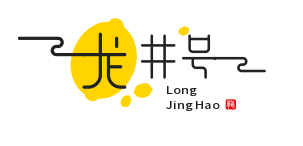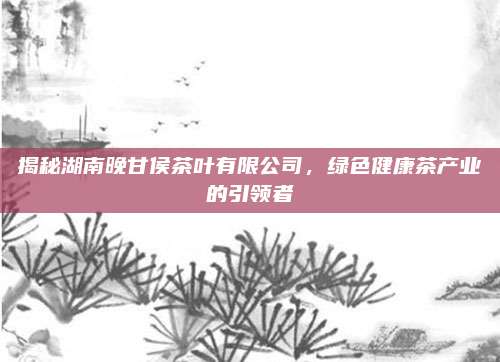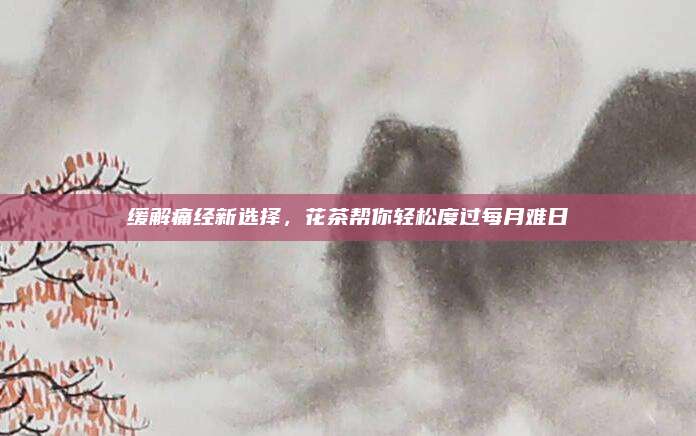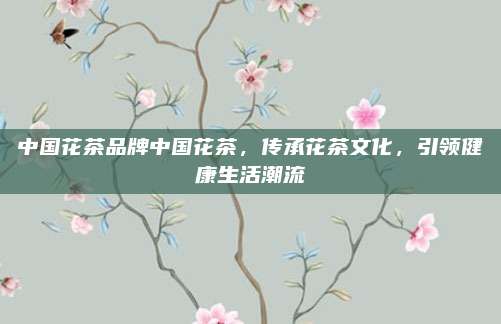Introduction:
In the world of tea, there exists a distinguished profession known as the "Tea Master," or "茶艺师" in Chinese. This title signifies a deep knowledge and expertise in the craft of tea preparation, service, and appreciation. For those who are interested in the English language or are part of the global tea community, knowing how to pronounce this term correctly is essential. This article aims to demystify the pronunciation of "Tea Master" in English, providing insights into its origins, usage, and cultural significance.

The Pronunciation of "Tea Master" in English
The term "Tea Master" can be pronounced in English as "tea master." When breaking it down:
- "Tea" is pronounced as in the word "meadow," with a soft 'e' sound followed by a 't' sound.
- "Master" is pronounced as in the word "masterpiece," with a 'm' sound, followed by a 'as' sound, and ending with an 'ter' sound.
So, the full pronunciation would be: "tea master."
Related Terms in English
While "Tea Master" is the most common term, there are other related terms that are also used in the English-speaking world to describe individuals with a high level of expertise in the art of tea:
Tea Sommelier: Similar to a wine sommelier, a tea sommelier specializes in tea and is responsible for selecting and serving the perfect teas to match the clientele's preferences and the occasion.
Tea Blender: A tea blender creates unique blends by combining different types of tea leaves. They are often highly skilled and have a deep understanding of tea flavors and origins.
Tea Specialist: This term is a broad category that includes all individuals who have a specialized knowledge of tea, from tea farmers to tea shop owners.
The Cultural Significance of the Tea Master
The concept of the Tea Master has roots in traditional Chinese culture, where tea has been consumed for thousands of years. The role of the Tea Master is not just to prepare and serve tea, but also to create an atmosphere of harmony, tranquility, and contemplation. This tradition is reflected in the Japanese tea ceremony (chanoyu), the Chinese tea ceremony, and other tea rituals across Asia.
Tea Industry Growth and the Importance of Professionalism
According to a report by the Tea Association of the United Kingdom, the global tea market has been experiencing steady growth, with a projected value of $26.5 billion by 2026. As the demand for high-quality tea and tea-related experiences continues to rise, the role of the Tea Master becomes increasingly important. Professionalism in the field is not just about the ability to brew the perfect cup of tea but also about understanding the cultural context and history behind it.
Conclusion:
In conclusion, the pronunciation of "Tea Master" in English is "tea master," reflecting the deep respect and expertise associated with this title. As the tea industry continues to flourish, the role of the Tea Master is set to become more prominent, both within cultural traditions and in the global marketplace. Understanding this term and its related concepts is essential for anyone interested in the art of tea or the broader field of culinary arts and culture.














还没有评论,来说两句吧...